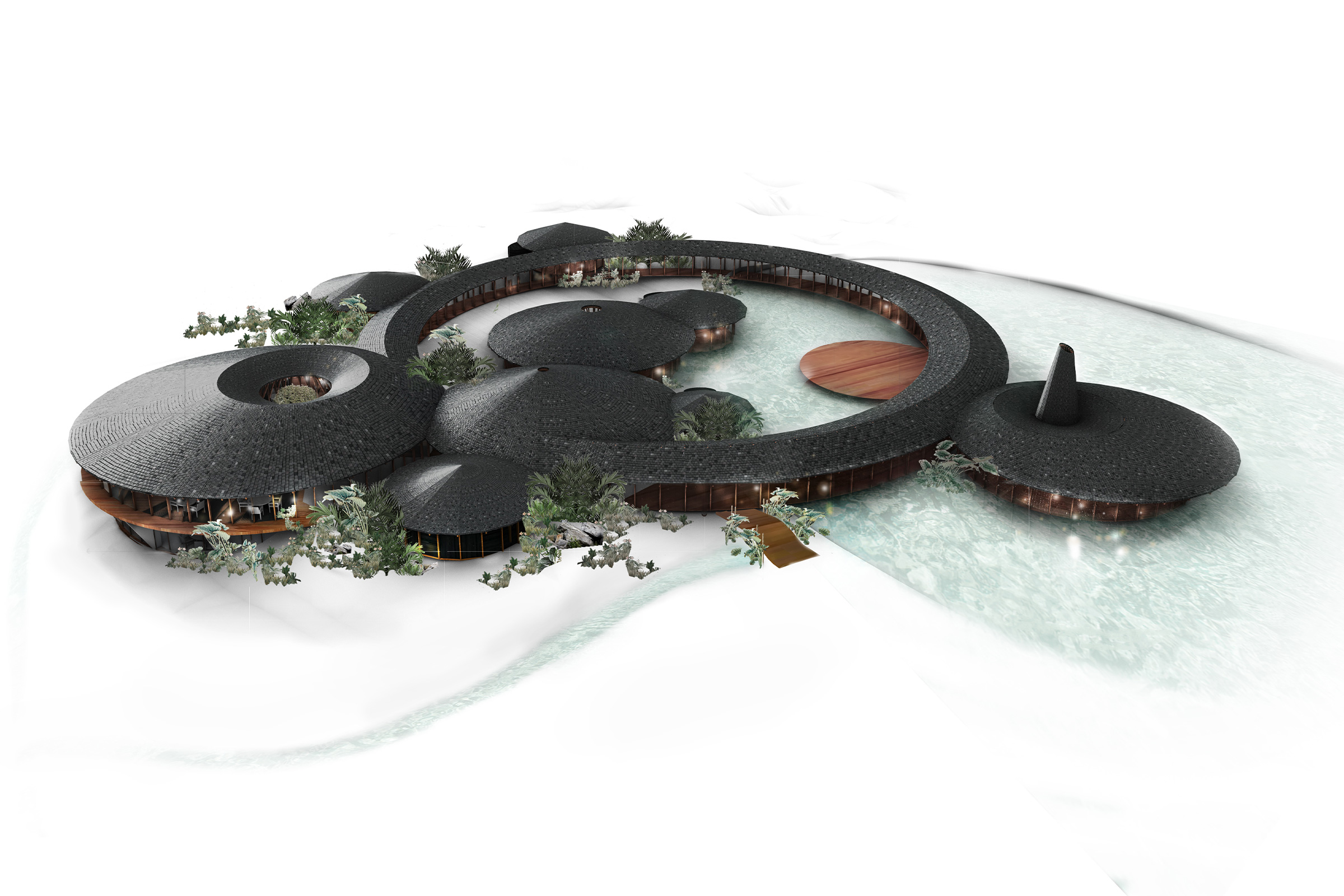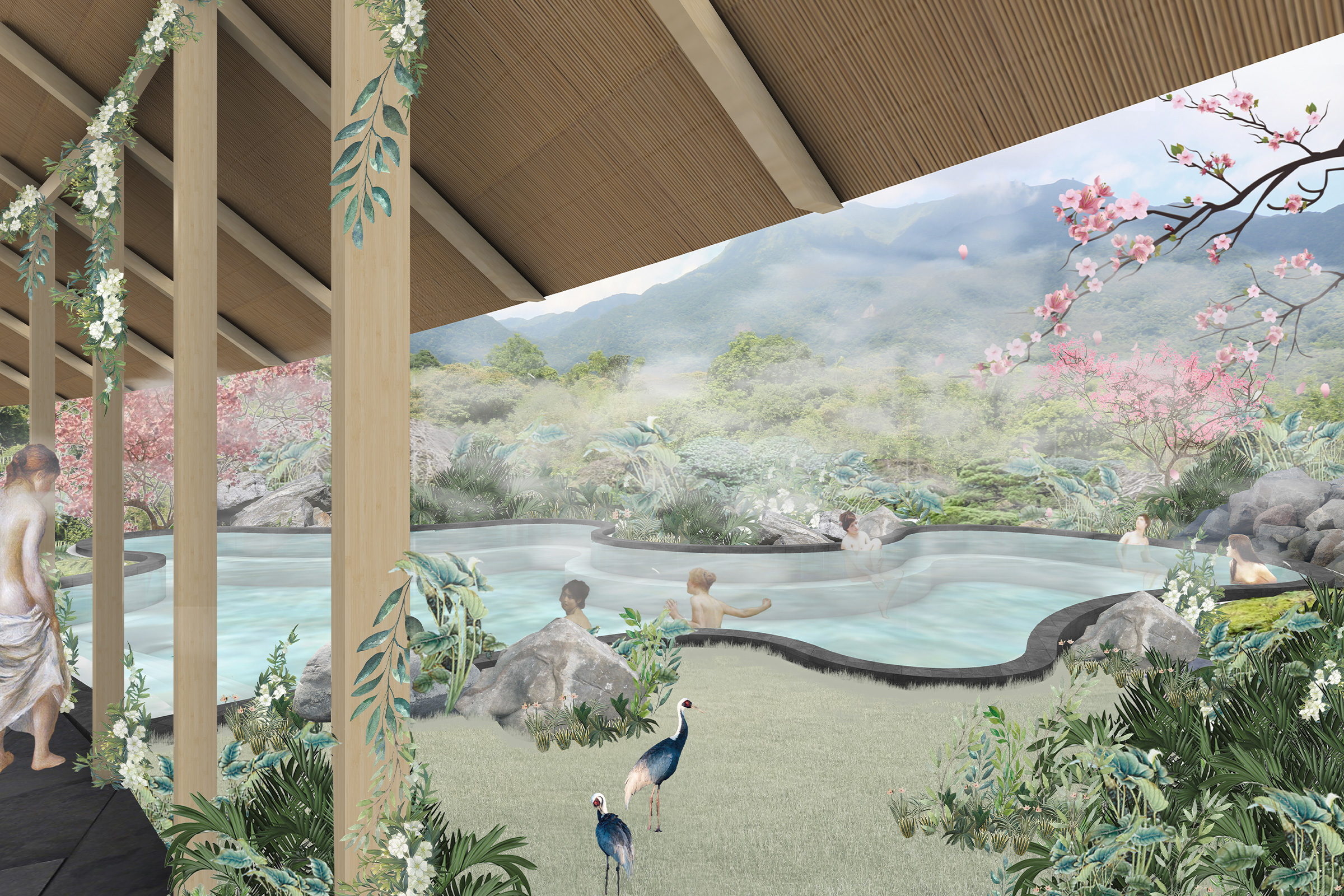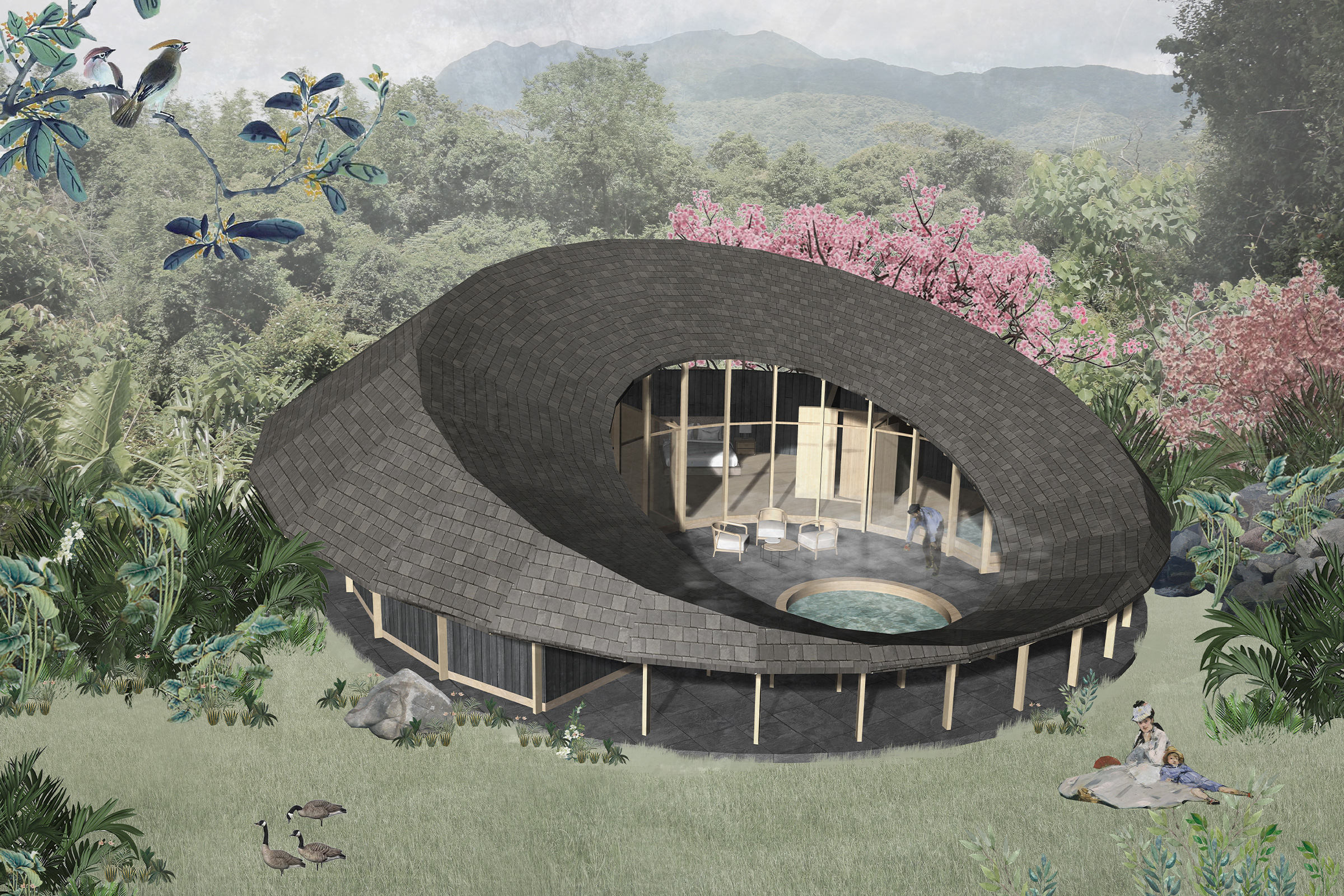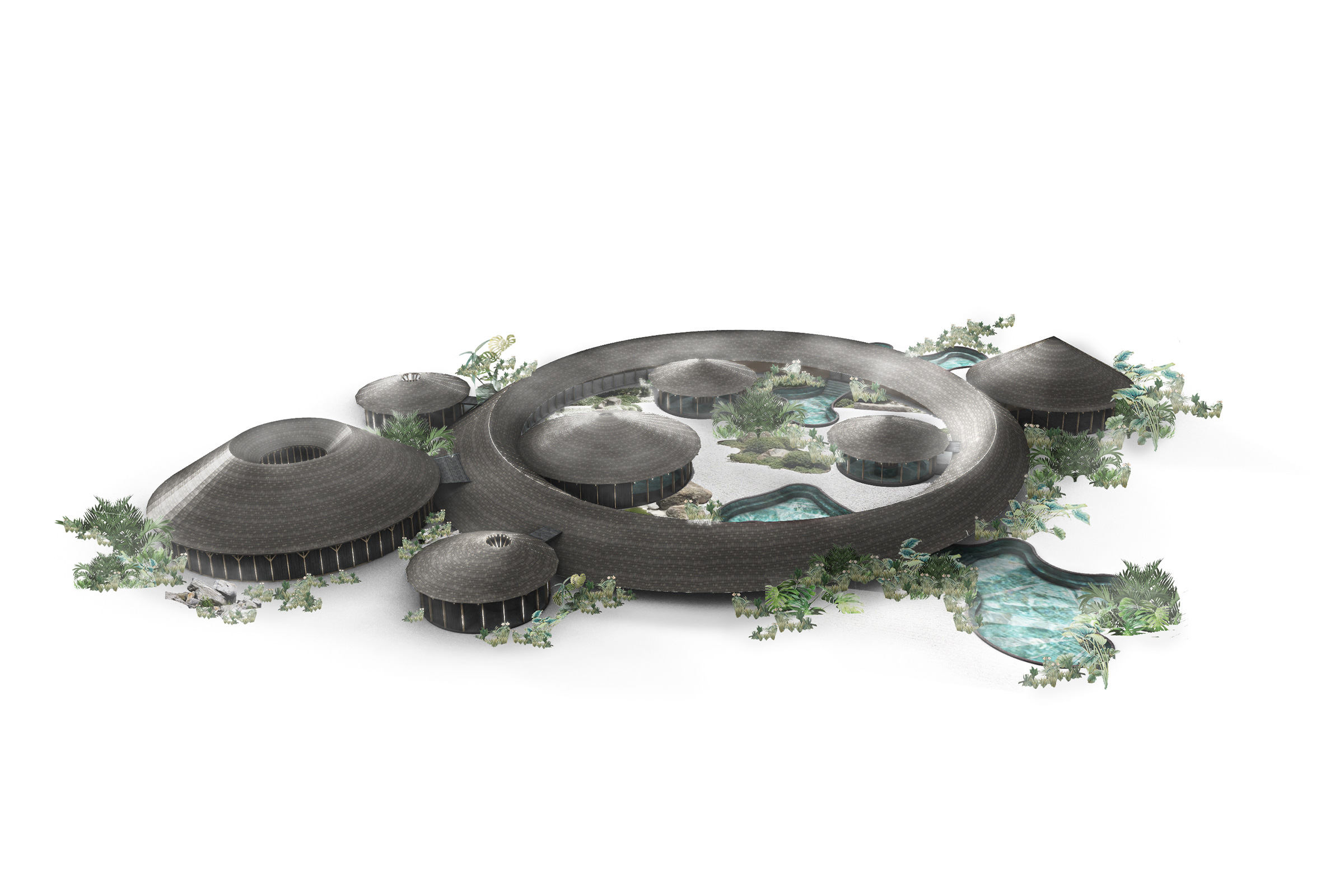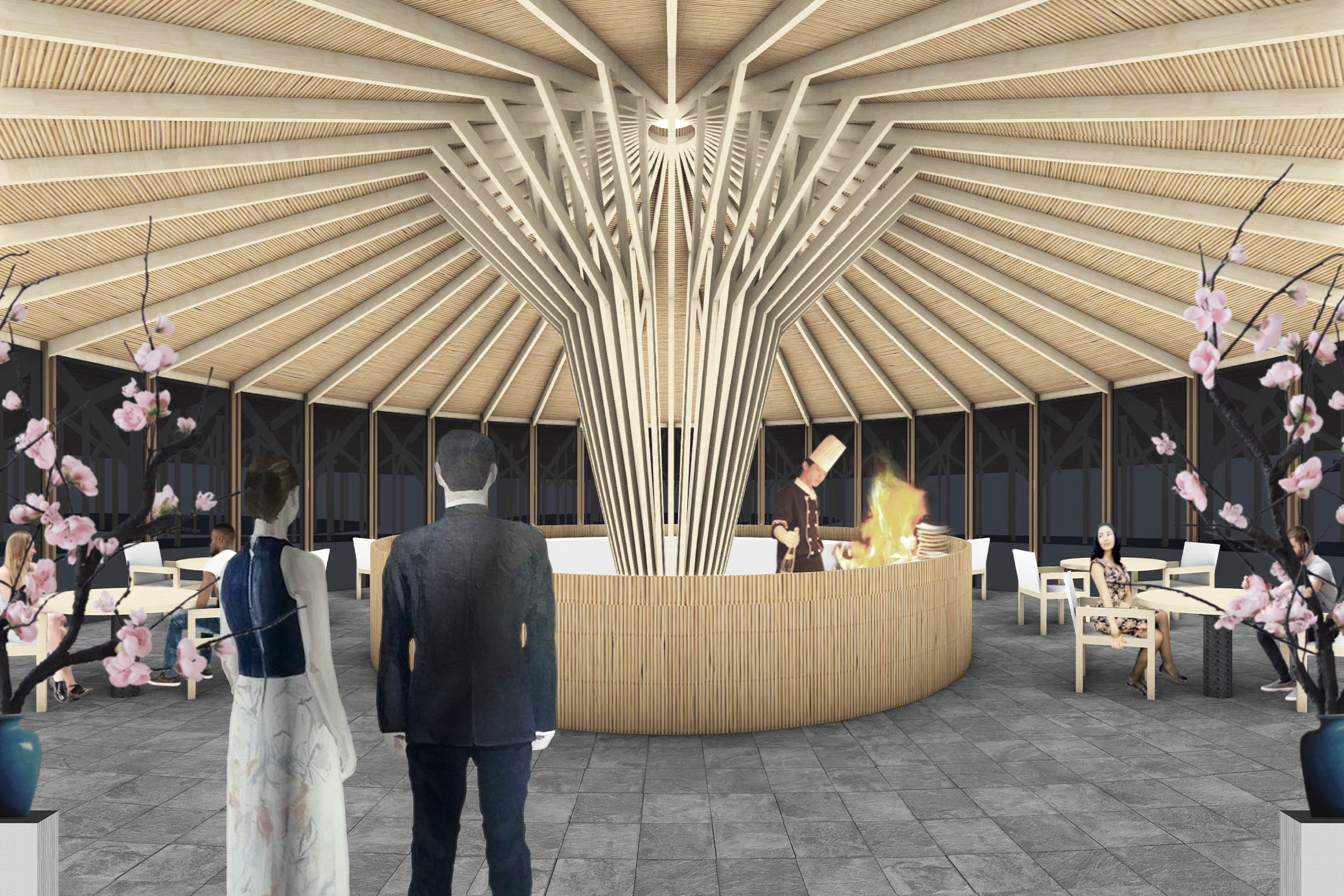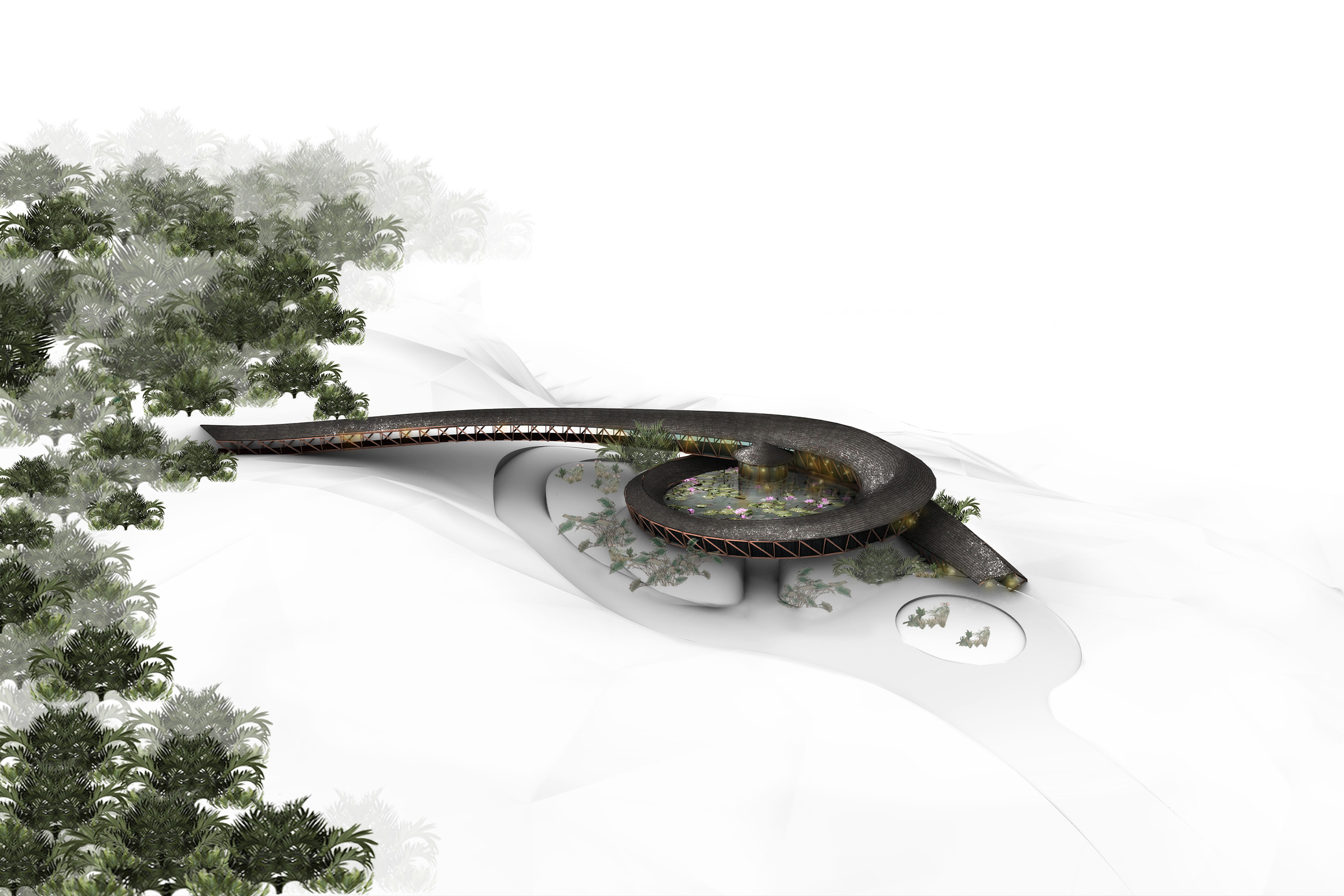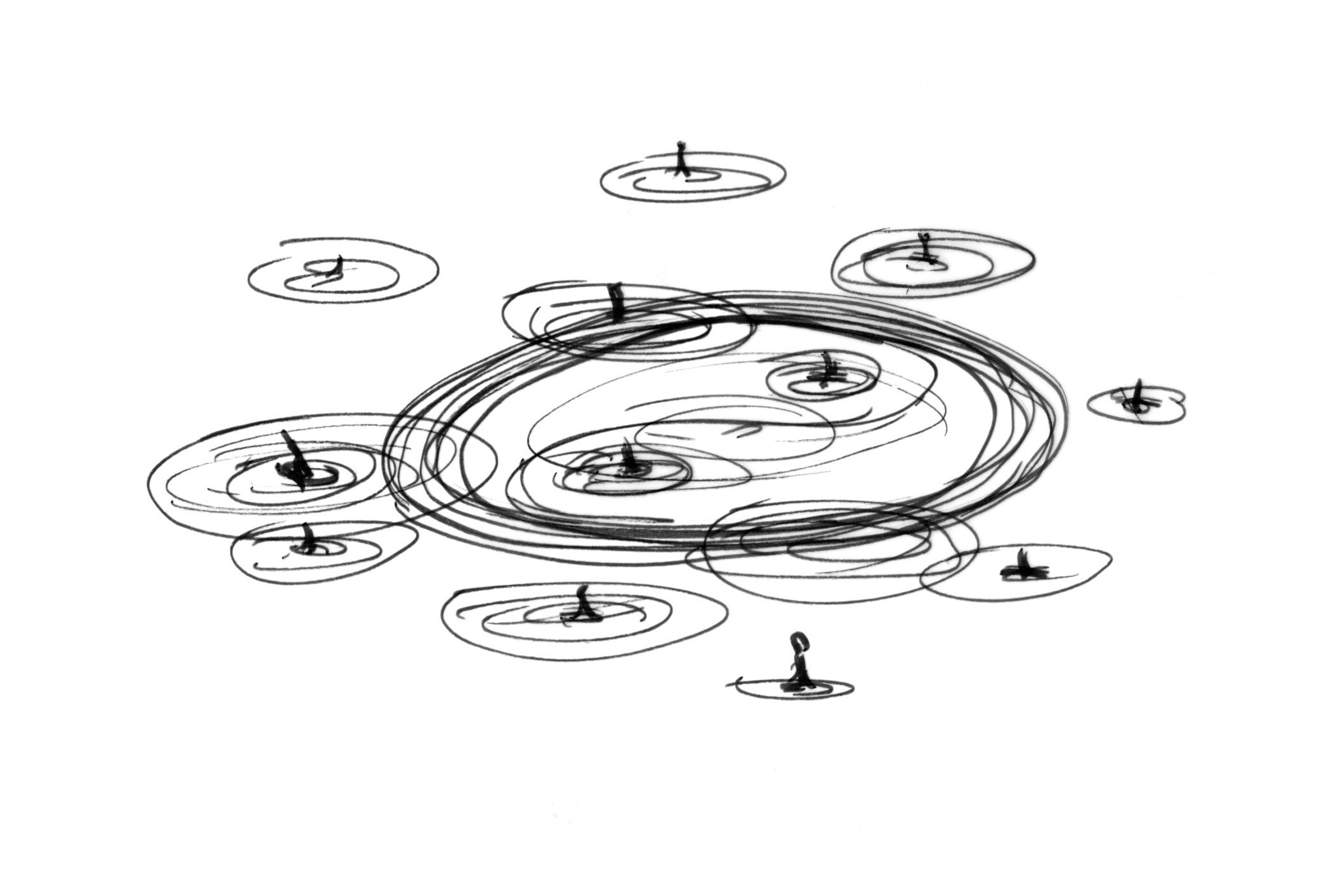Onsen Wellness Retreat, Taiwan: A Paradigm of Eco-Friendly Resort Design
Introduction to Onsen Wellness Retreat
The Onsen Wellness Retreat in Taiwan, designed by Nomadic Resorts, exemplifies the fusion of traditional wellness practices with sustainable architecture. Nestled in a tranquil natural setting, this project is a modern interpretation of the traditional Japanese onsen, providing a sanctuary that promotes both physical and mental well-being.
Design Philosophy and Sustainability
The retreat’s design draws heavily on traditional Japanese aesthetics, featuring tatami flooring, sliding shoji screens, and natural wood elements, which bring a sense of peace and simplicity. The resort architect has meticulously incorporated sustainable materials and techniques, emphasizing eco-friendly practices such as the use of local bamboo and natural stone, which blend seamlessly with the surroundings.
Eco-Friendly Features and Environmental Integration
One of the standout features of the Onsen Wellness Retreat is its integration with the natural water systems. Mimicking the flow of streams and ripples, the design includes rock pools and reflective ponds that enhance the ecological harmony of the area. These features are not only aesthetically pleasing but also promote biodiversity and help maintain the ecological balance of the locale.
Wellness and Healing Spaces
The retreat is designed to offer a range of wellness experiences, including hot spring baths, meditation spaces, and a tranquil teahouse located on a serene lake. These facilities are crafted to ensure that guests can find both invigoration and relaxation, fostering a deep connection with nature and self.
Cultural Significance and Community Impact
By integrating elements of traditional Japanese wellness practices with local cultural influences, the Onsen Wellness Retreat serves as a bridge between cultures, enhancing the guest experience while respecting and celebrating local traditions. Additionally, the project supports the local community by employing local artisans and using locally sourced materials, thereby contributing to the local economy.
Conclusion: A Benchmark in Resort Design
The Onsen Wellness Retreat is more than just a place for relaxation; it is a testament to the potential of integrating cultural heritage with modern sustainable design. This project sets a new standard for luxury resorts, proving that it is possible to deliver exquisite guest experiences while adhering to eco-friendly principles. As a model of sustainable resort design, it offers valuable insights for future developments in the hospitality industry.
Onsen wellness retreat, Taiwan
The concept for this project investigates the various forms that water can take like a stream, a vortex or as concentric ripples produced on water’s surface when an object is dropped into it,
Each of these rings offers different opportunities for private groups and individuals. The serene teahouse is located in the centre of a placid lake offering guests an opportunity for meditation and contemplation.
The simplicity and elegance of traditional Japanese Ryokans featuring tatami flooring and sliding shoji screens have always appealed to our aesthetic; while the creation of rock pools and ponds is a fascinating challenge.
Many of these inns have been operational for over a thousand years – the oldest existing hotels in the world – one must therefore assume, that their appeal is timeless.
The values of the project allow us to focus on simplicity, mindfulness and healing, offering us an opportunity to explore biophilic design and man’s relationship with nature.
